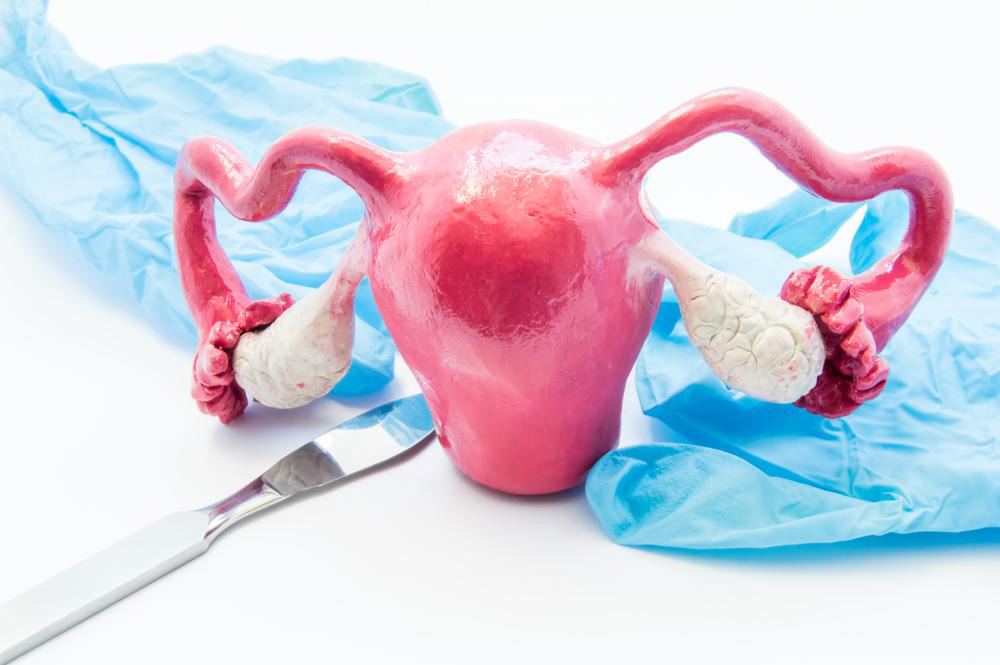The Ultimate Comprehensive Guide to Modern Family Planning Methods
Explore this detailed guide on modern family planning methods, highlighting their benefits, risks, and diverse options. Learn how couples can choose suitable contraception techniques to effectively manage pregnancy timing, health, and financial stability. From barrier methods to permanent solutions, this comprehensive article provides valuable insights for making informed reproductive decisions and improving overall family well-being.

Understanding Contemporary Family Planning: Benefits, Challenges, and Available Techniques
Embarking on the journey of parenthood is a significant milestone that brings immense joy and anticipation. However, it also involves careful planning and consideration. For couples who are not yet ready to expand their families or those who wish to space out childbirths, modern family planning methods become invaluable tools. These techniques help prevent unplanned pregnancies, manage reproductive health, and allow partners to make informed decisions about their future. Choosing the right family planning method involves understanding various options, weighing their benefits and potential risks, and consulting healthcare providers for personalized advice.
This comprehensive guide explores the current landscape of family planning, covering the advantages, disadvantages, and diverse techniques available today. Whether you're a young couple starting your journey or someone looking to optimize your reproductive health, understanding these options is vital for making empowered choices.
Advantages of Family Planning
Controlling the timing and number of children is a fundamental aspect of family planning. By effectively managing reproductive choices, couples can ensure better health outcomes for both mother and child. For example, spacing pregnancies at least two to three years apart allows mothers adequate time to recover physically and emotionally. This spacing can reduce health complications during subsequent pregnancies and ensures that children are born into more stable environments.
Financial stability is another critical benefit. Family planning enables couples to postpone pregnancies until their economic situation improves, providing a more secure environment for raising children. Planning pregnancies around career goals or educational pursuits can also improve long-term family well-being.
Potential Drawbacks of Family Planning
While family planning offers numerous benefits, potential side effects depend largely on the method employed. Women, in particular, may experience side effects such as fatigue, dizziness, weight fluctuations, or headaches when using hormonal contraceptives. Although rare, more serious health complications can occur, including ectopic pregnancies and blood clotting issues. It's essential for individuals to consult healthcare professionals before initiating any contraceptive method. Proper guidance ensures safe and effective use tailored to personal health conditions.
Modern Family Planning Techniques
Today’s couples are presented with a wide array of options to choose from, each suited to different needs, lifestyles, and health considerations. Selecting the most appropriate method involves understanding the various available techniques, how they function, and their respective pros and cons. Here are some of the most commonly used family planning methods:
Barrier Methods - These physical barriers prevent sperm from reaching the egg, thereby reducing the chances of conception. Popular options include male condoms, female condoms, diaphragms, cervical caps, and spermicidal agents. Condoms are particularly prevalent because they are non-invasive, affordable, and help prevent sexually transmitted infections (STIs), making them a dual-purpose choice for many couples.
Hormonal Methods - Typically used by women, these methods temporarily suppress fertility by altering hormonal balance. Hormonal contraceptives include oral pills, vaginal rings, patches, and injections. They are highly effective when used correctly but require adherence to a schedule, and some individuals may experience side effects such as mood changes or weight gain.
Intrauterine Devices (IUDs) - IUDs are small T-shaped devices inserted into the uterus, offering long-term protection. They can be hormonal, lasting 3-4 years, or copper-based, which can provide up to ten years of contraception. Copper IUDs create an environment hostile to sperm, preventing fertilization and implantation, making them highly reliable.
Permanent Solutions - For couples who are certain they do not wish to have more children, surgical options such as tubal ligation for women and vasectomy for men offer permanent fertility control. These procedures are generally considered when family planning needs are definitive, and they are highly effective with minimal ongoing maintenance.
Natural family planning methods, such as tracking menstrual cycles and observing fertility signs, are also used by some couples. However, these methods require diligent monitoring and are less reliable compared to other contraceptive options, especially when not practiced precisely.
In conclusion, the modern landscape of family planning provides diverse choices suited to different health profiles, lifestyles, and personal preferences. Consulting with healthcare professionals ensures optimal selection and safe use of these methods, empowering individuals and couples to make informed reproductive choices.





